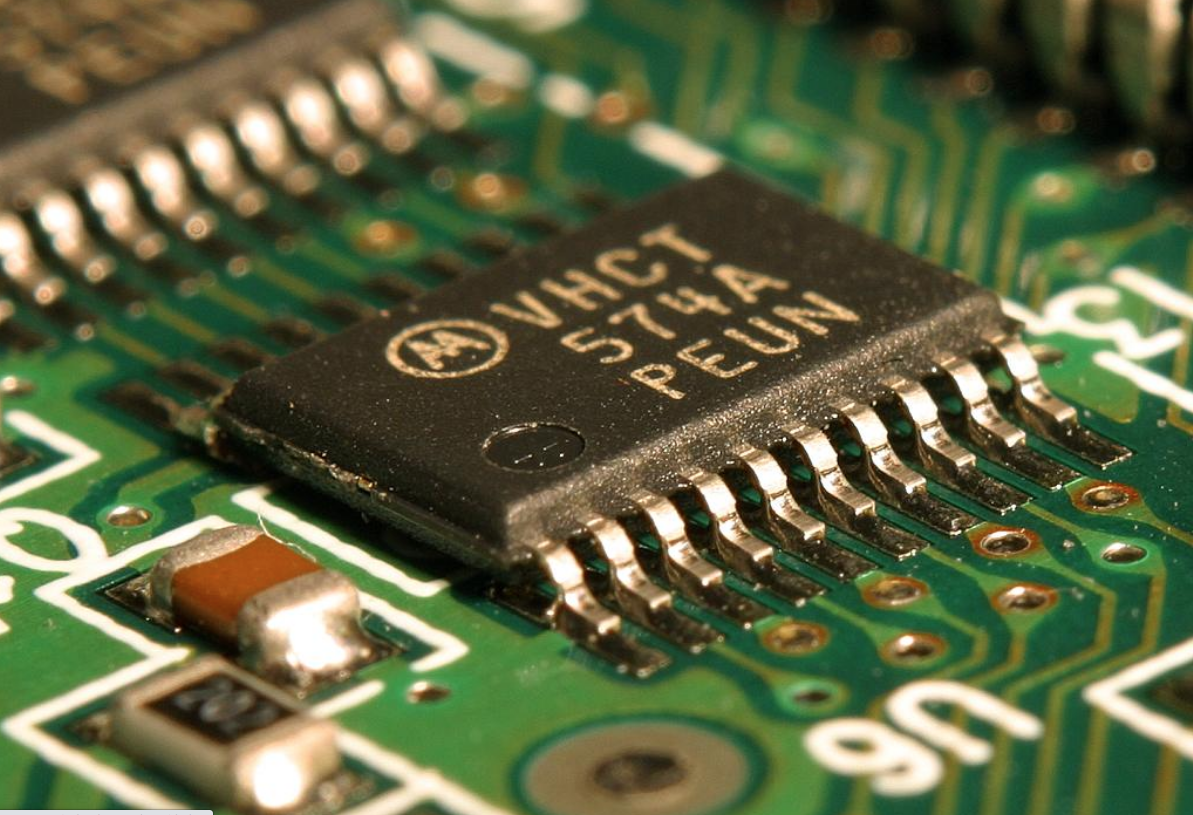
Unintended consequences of sanctions - Econlib
In recent months, the US government has tried to make it more difficult for China to access cutting edge chip technology from American firms, as well as from our allies. Back in March, Ben Thompson discussed one consequence of delinking from China: This point applies to semiconductors broadly...
www.econlib.org
Unintended consequences of sanctions
By: Scott SumnerIn recent months, the US government has tried to make it more difficult for China to access cutting edge chip technology from American firms, as well as from our allies. Back in March, Ben Thompson discussed one consequence of delinking from China:
In October, Thompson expanded upon that warning:This point applies to semiconductors broadly: as long as China needs U.S. technology or TSMC manufacturing, it is heavily incentivized to not take action against Taiwan; when and if China develops its own technology, whether now or many years from now, that deterrence is no longer a factor.
Bloomberg points out that the US is heavily reliant on Taiwan’s chips, and that even the new TSMC factory being built in Phoenix will not change that reality:China meanwhile, has had good reason to keep TSMC around, even as it built up its own trailing edge fabs: the country needs cutting edge chips, and TSMC makes them. However, if those chips are cut off, then what use is TSMC to China? . . . the more that China builds up its chip capabilities — even if that is only at trailing nodes — the more motivation there is to make TSMC a target, not only to deny the U.S. its advanced capabilities, but also the basic chips that are more integral to everyday life than we ever realized.
In my view, this exercise in industrial policy merely papers over the fundamental problem, which is a lack of talent:TSMC’s Arizona fabs will produce 600,000 wafers annually. That sounds impressive, but it’s really not. The Taiwanese company topped 14.2 million last year and is on track to churn out 15.4 million 12-inch wafers loaded with chips this year. If it keeps the same average capacity growth of 8.1% it achieved over the past five years, Arizona will account for just 2.85% of its 21 million annual global output in 2026.
That’s a drop in the bucket, not a game changer.
If the government were serious about competing with China they’d be changing our immigration laws to attract more engineering talent, not building white elephants in the Arizona desert:TSMC founder Morris Chang has poured cold water on the US ability to compete.
“There’s a lack of manufacturing talents to begin with,” Chang told The Brookings Institution earlier this year. “We did it at the urging of the US government, and we felt that we should do it.”
Research, development, planning and operations will all remain in Taiwan. Should Beijing decide to attack, those functions will cease at least temporarily, if not permanently. This would mean cutting TSMC Arizona off from all the crucial know-how it needs to run the minuscule capacity it has on US soil.
